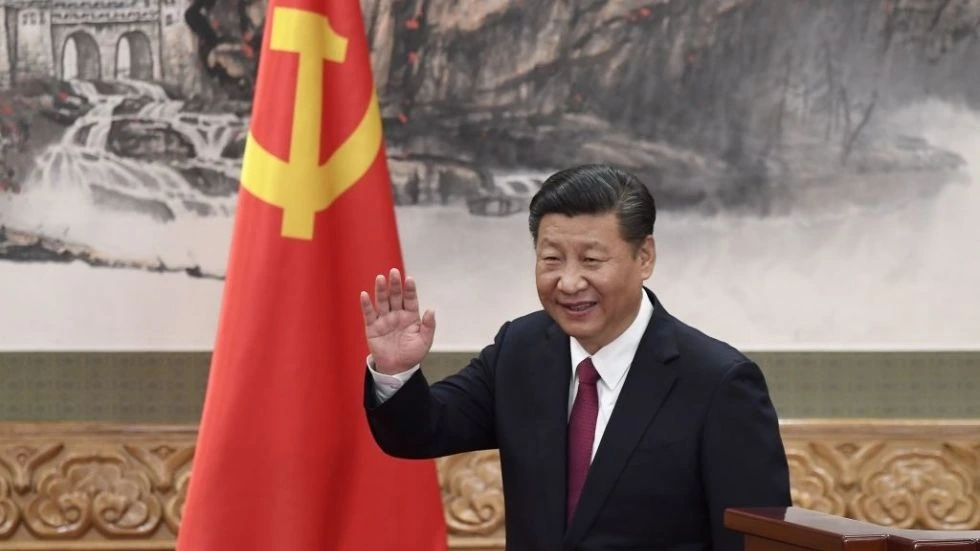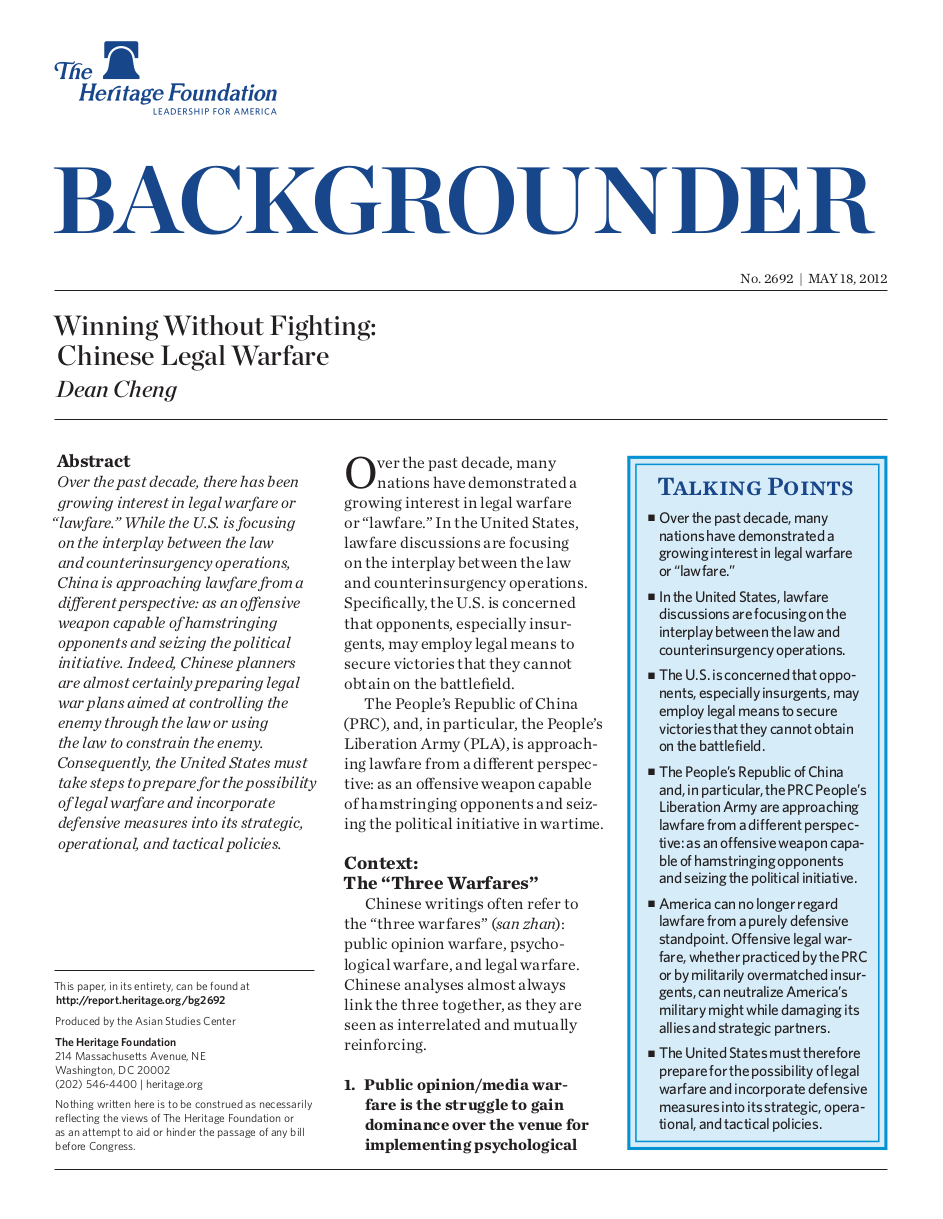Lawfare
Lawfare is the use of legal mechanisms and strategies to achieve strategic goals, including those that influence international relations and technology-related disputes. As emerging technologies like cyber warfare, intellectual property disputes and data privacy challenges emerge, the legal arena becomes a crucial battleground for asserting influence and securing advantages. Both the U.S. and China employ legal tools to pursue various goals: the U.S. emphasizes its legal framework to address cybersecurity concerns and protect intellectual property, while China’s “Legal Warfare” doctrine integrates legal mechanisms into its broader strategies.
The rapid development of emerging technologies has revealed gaps in existing legal frameworks, demanding new regulations and agreements. In an era of evolving U.S.-China relations, lawfare becomes a critical tool for establishing boundaries, safeguarding interests and addressing concerns related to technological advancements. Effective legal strategies can set precedents that influence the trajectory of international relations, shaping the way emerging technologies are harnessed, regulated and managed on the global stage.


The growing threat of China’s lawfare
In March, Qi Shi, the official journal of the Central Committee of the Chinese Communist Party (CCP), published Chinese leader Xi Jinping’s article, in which he explains how to construct the Chinese socialist legal system. This is an important development. Compared with his predecessors, Xi’s ideas of law are more deceitful because they use familiar terms such as “rule of law,” “law-based” and “justice.” In practice, Xi increasingly uses law as a weapon to crack down on dissent to ensure regime security, while simultaneously employing it as a weapon in the CCP’s quest for world hegemony.

Winning Without Fighting: Chinese Legal Warfare
Over the past decade, there has been growing interest in legal warfare or “lawfare.” While the U.S. is focusing on the interplay between the law and counterinsurgency operations, China is approaching lawfare from a different perspective: as an offensive weapon capable of hamstringing opponents and seizing the political initiative. Indeed, Chinese planners are almost certainly preparing legal war plans aimed at controlling the enemy through the law or using the law to constrain the enemy. Consequently, the United States must take steps to prepare for the possibility of legal warfare and incorporate defensive measures into its strategic, operational, and tactical policies.